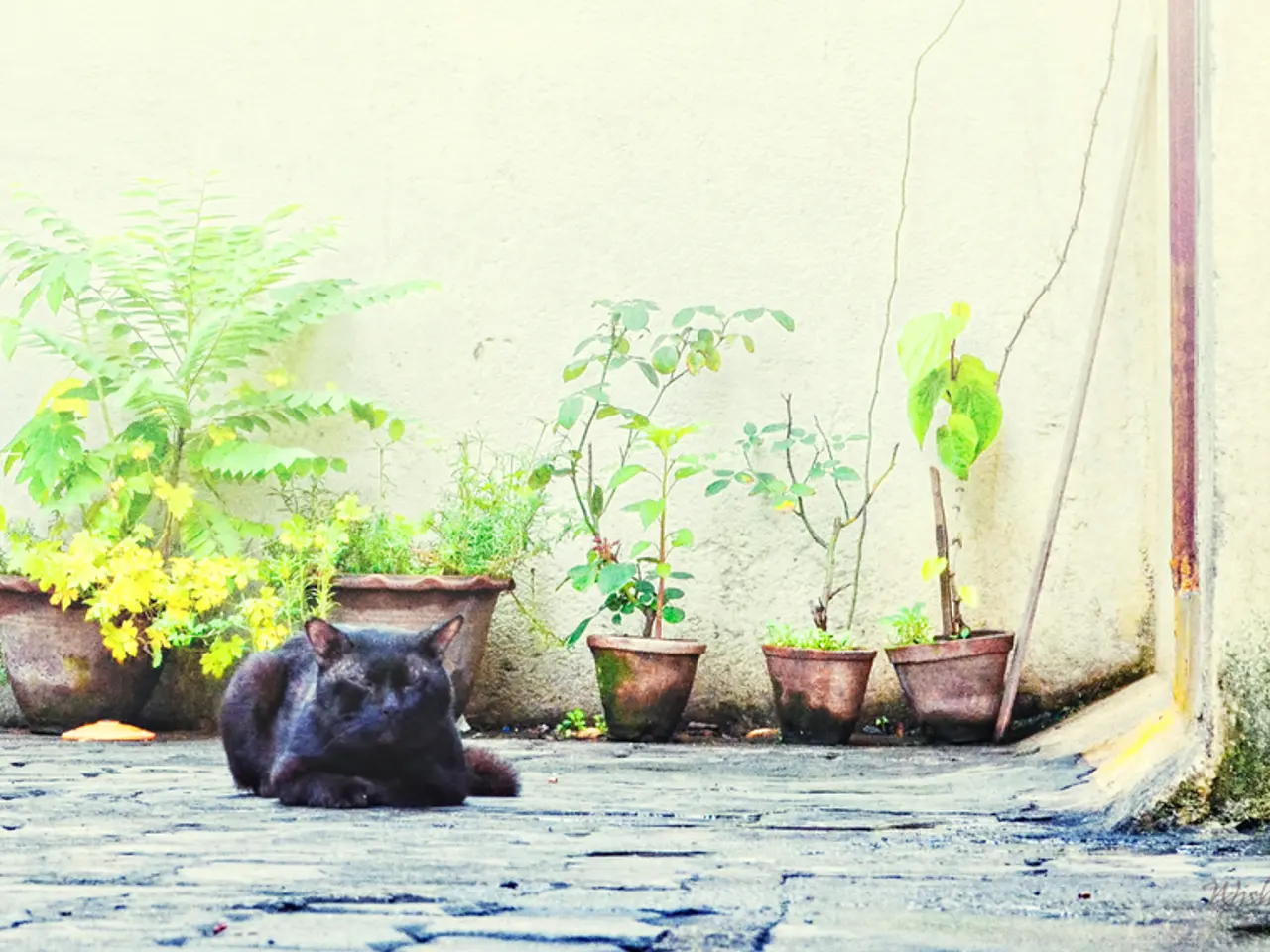Avoid feeding grapes or raisins to your feline friends as these fruits can be harmful to them.
Grapes and raisins, while delightful treats for many, can pose a serious threat to our feline friends. Although cases of grape toxicity in cats are less common and less well-documented compared to dogs, they can still lead to potentially life-threatening consequences such as kidney failure.
Symptoms of grape toxicity in cats may include vomiting, lethargy, dehydration, changes in thirst and urination, and ultimately kidney damage. Given the uncertainty surrounding grape toxicity in cats and the sparsity of case reports, it is safest to avoid giving grapes or raisins to cats altogether.
Instead, opt for species-appropriate, safe foods for your cat. Small amounts of cooked meat, or commercial cat treats specifically formulated for feline health, make excellent alternatives. For cats with kidney issues, it is essential to consult a veterinarian to recommend a specialized diet and possibly supplements or natural remedies that support renal health without introducing toxins.
It is not advisable to treat a cat without professional guidance, as grapes are not safe for them even in moderation. If a cat accidentally consumes grapes or raisins, immediate action should be taken by contacting a vet or animal poison control. In such cases, veterinarians may induce vomiting, administer IV fluids, and monitor kidney function to help manage the situation.
Remember, cats require a meat-based diet to thrive, and treats should align with this diet. Opt for freeze-dried chicken, commercial cat treats, or vet-approved snacks designed with cats in mind. Common human foods like dairy products, white chocolate, and other unspecified human foods can also be harmful to cats.
To keep your cat safe, it's best to keep grapes, raisins, seeds, and table scraps containing these items out of their reach. Fast action is crucial to prevent food poisoning complications and flush out toxins from your pet's system. By following these guidelines, you can help ensure your cat stays healthy and happy.
- Technology can help monitor a cat's health by providing smart pet feeders that keep dangerous foods like grapes and raisins out of a cat's reach, ensuring they maintain a safe and balanced lifestyle in their home-and-garden environment.
- When redecorating or gardening, it's important to consider pet-friendly alternatives for houseplants or landscaping, as some common choices might pose a threat to cats and other household pets.








